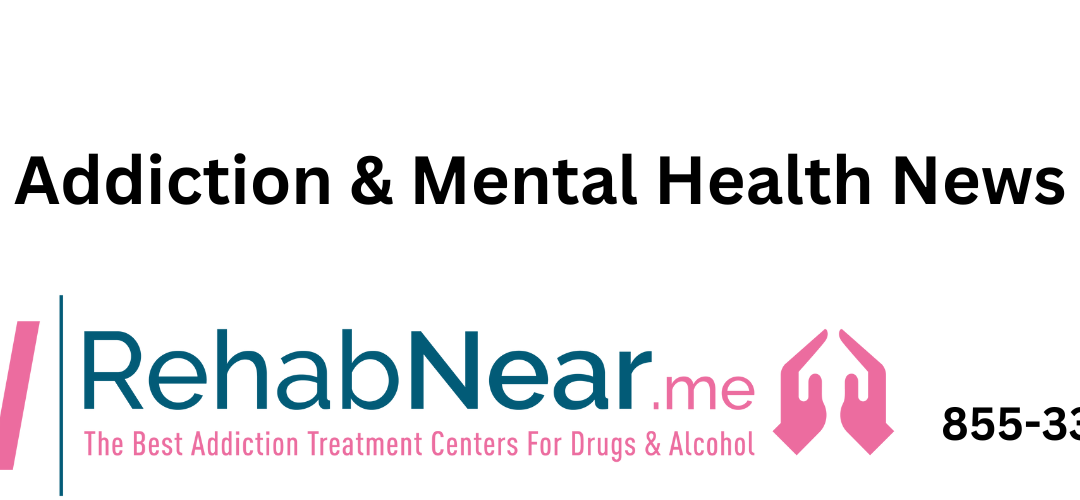Medication-assisted treatment (MAT), such as naltrexone, is a well-documented successful treatment for opioid use disorder (OUD). However, there are multiple barriers for clinicians to use MAT, including clinician lack of confidence in using the treatment, their own misconceptions about the patient population, and, until recently, federally required training. Additionally, there is a stigma associated with MAT and the patients who would most benefit from it. Improving access to MAT training and integrating it into clinician programs and curriculums may remove identified barriers, decrease stigma, and enable newly trained clinicians to treat patients.
To address these barriers, Professor and Interim Director of the School of Nursing Cheryl Oetjen, the principal investigator, and Associate Professor Kyeung Mi Oh led the implementation of integrating MAT training into Mason’s Master of Science and Doctor of Nursing Practice nurse practitioner curriculum and evaluated its quality and impact. They found that MAT training reduced bias and stigma associated with MAT. The training improved graduate students’ attitudes toward people with OUD and students’ desire to pursue being an OUD MAT provider after graduation.
In a recent article published on News-Medical, groundbreaking research highlights the positive impact of medication-assisted treatment (MAT) training on reducing bias and stigma associated with opioid use disorder (OUD) while simultaneously improving patient care. This significant development offers hope for individuals grappling with addiction and emphasizes the importance of seeking appropriate help.
The study examined the effectiveness of specialized training programs that provide healthcare professionals with comprehensive knowledge and skills related to MAT. Researchers found these programs were crucial in enhancing healthcare providers’ understanding of OUD and its treatment. By dispelling common misconceptions and challenging negative attitudes surrounding addiction, the training successfully reduced bias and stigma.
This breakthrough is expected to have a profound impact on patient care. By improving healthcare professionals’ perception of addiction, individuals struggling with OUD are more likely to receive the empathy, support, and evidence-based treatment they deserve. The implementation of MAT training has the potential to transform the way addiction is approached within medical settings, ensuring a more compassionate and practical approach.
If you or someone you know is battling addiction, it’s crucial to seek help from professionals who understand and embrace the latest advancements in addiction treatment. At rehabnear.me, we are dedicated to assisting individuals on their journey to recovery. Our compassionate team of experts is ready to provide personalized guidance and connect you with the right treatment options.
Don’t let addiction control your life any longer. Take the first step towards recovery by calling rehabnear.me today at 855–339-1112. Our helpline is available 24/7 to offer confidential support and assist you in finding the treatment that suits your unique needs. Remember, there is hope, and you don’t have to face this battle alone.








